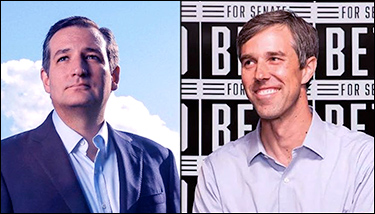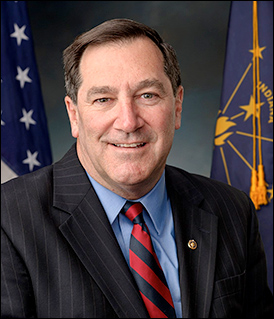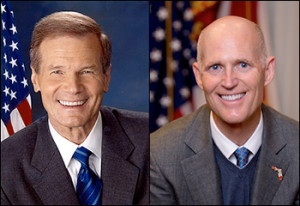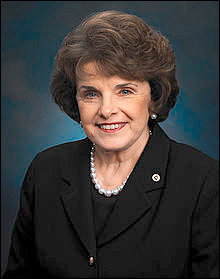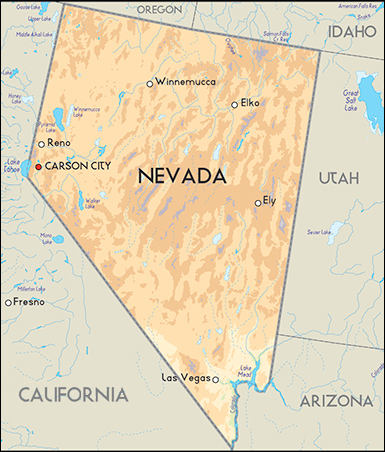By Jim Ellis
 Oct. 29, 2018 — The 2018 election cycle features 36 gubernatorial campaigns, 26 of which have federal redistricting ramifications. The ones that don’t are at-large congressional district states (Alaska, South Dakota, Vermont, Wyoming) or will be after the next reapportionment (Rhode Island), those that employ redistricting commissions (Arizona, California, Hawaii, Idaho), or the multi-district state where the governor is only awarded a two-year term (New Hampshire).
Oct. 29, 2018 — The 2018 election cycle features 36 gubernatorial campaigns, 26 of which have federal redistricting ramifications. The ones that don’t are at-large congressional district states (Alaska, South Dakota, Vermont, Wyoming) or will be after the next reapportionment (Rhode Island), those that employ redistricting commissions (Arizona, California, Hawaii, Idaho), or the multi-district state where the governor is only awarded a two-year term (New Hampshire).
Here is a breakdown of where things stand in the upcoming election in the 26 states where the governor will have redistricting veto power:
PURE TOSS UPS
FLORIDA: Mayor Andrew Gillum (D) vs. Ex-US Rep. Ron DeSantis (R)
• Most Recent Polls: Gravis Marketing (Oct. 22-23): Gillum 51 percent, DeSantis 46 percent
Gray/Strategic Research (Oct. 16-23): DeSantis 48 percent; Gillum 45 percent
GEORGIA: Sec/State Brian Kemp (R) vs. Ex-state Rep. Stacey Abrams (D)
• Most Recent Poll: NBC News/Marist (Oct. 14-18): Kemp 49 percent; Abrams 47 percent
IOWA: Gov. Kim Reynolds (R) vs. Businessman Fred Hubbell (D)
• Most Recent Poll: Selzer & Co (Sept. 17-20): Hubbell 43 percent; Reynolds 41 percent
KANSAS: Sec of State Kris Kobach (R) vs. State Rep. Laura Kelly (D) & Greg Orman (I)
• Recent Poll: Public Policy Polling (Oct. 19-20): Kobach 41 percent; Kelly 41 percent; Orman 10 percent
NEVADA: Attorney Gen Adam Laxalt (R) vs. Commissioner Steve Sisolak (D)
• Most Recent Poll: Emerson College (Oct. 10-12): Laxalt 46 percent; Sisolak 41 percent

